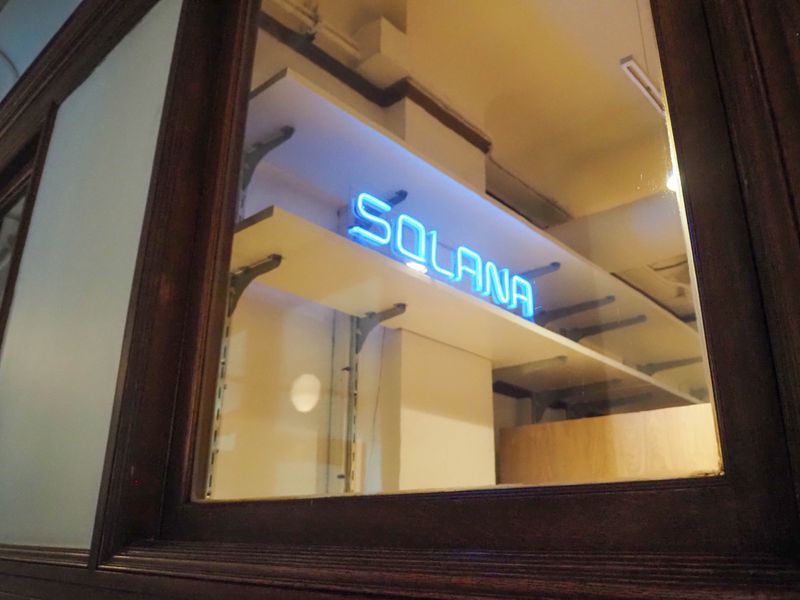Staked SOL Tokens Falter as Solana Traders, Stakers Rush for Exits

The price of staked SOL tokens are fluctuating wildly against their native asset as Solana traders swap the coins rather than gamble on the value of the cratering token they represent.
The largest token issued by Lido (stSOL) was trading 7% below its underlying asset Wednesday even as a competing token from Marinade (mSOL) traded above SOL’s volatile market price. These so-called liquid staking tokens represent the rights to assets currently locked up with Solana validators as well as validator rewards; they usually trade at a slight premium to SOL.
But SOL’s massive correction in the wake of crypto exchange FTX’s surprise implosion has rattled the entire crypto landscape – especially Solana decentralized finance. Lenders and borrowers are facing a monumental crunch of drained asset pools and cratering prices spawned by SOL’s nearly 60% drawdown in a week. Fears that FTX’s sister firm could firesale its SOL holdings is only making matters worse.
Against this, liquid staking token holders face a decision: hold their derivative asset until they can unlock the underlying asset at the end of the next redemption period (epoch) or sell it now for whatever they can find.
Ricardo J. Méndez, head of growth at Marinade, said staked SOL tokens can prove volatile in markets such as this: “Say, if people want to exit before the end of the epoch and trade where others are arb’ing - but if you wait until the end of the epoch, you will get the full value back.”
Market fears have kicked off a staking exodus from Solana validators. The proof-of-stake network is slated to lose over 15% of staked assets in the coming hours, according to data from Solana Compass. This record “deactivation” of 54 million tokens may have implications for asset prices and even network security.
Even so, the network’s validators aren’t overly concerned, said Brian Long, who runs a Solana staking service.
“Business as usual for the most part,” he said. “The remaining stakeholders will get a higher share of the rewards, so they’ll do better.”








